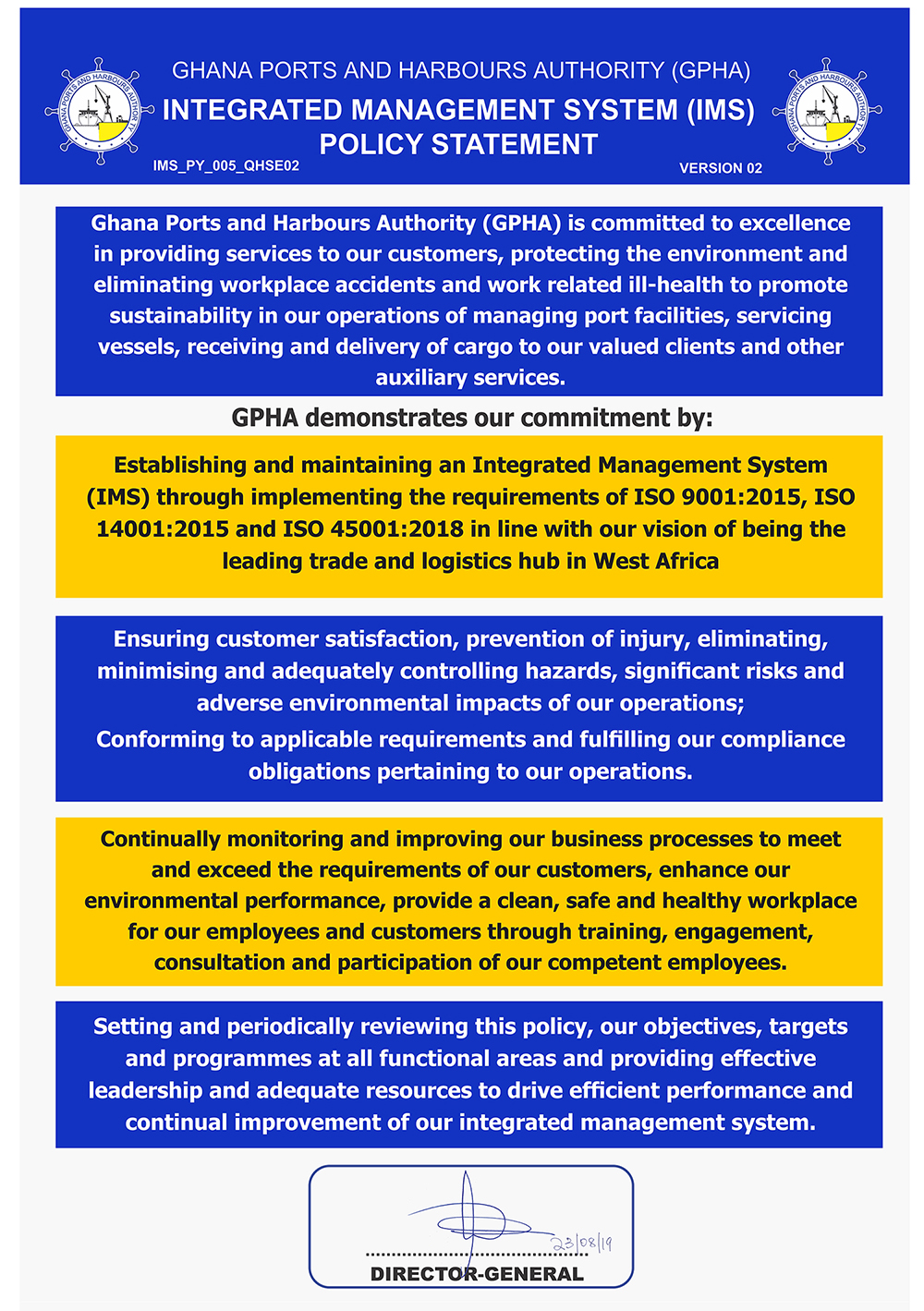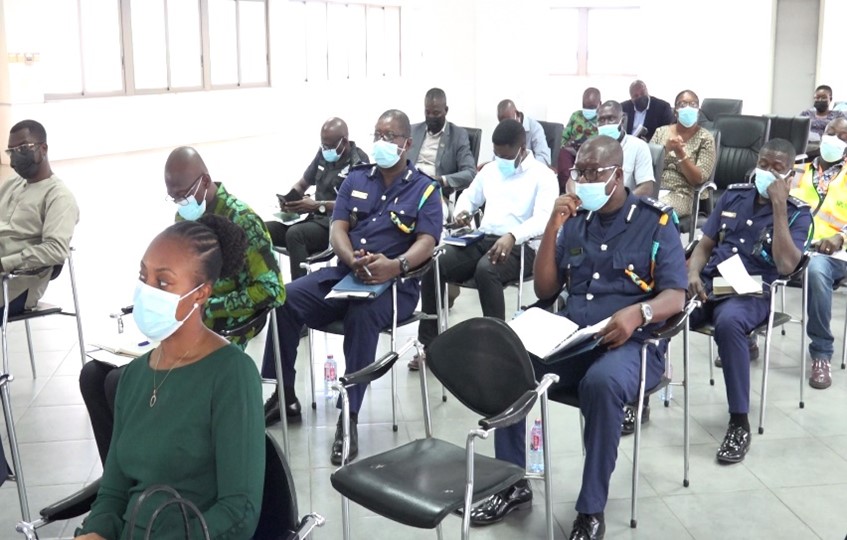

The MARPOL 73/78 Convention requires States Parties to ensure the provision of adequate reception facilities in ports to handle operational and domestic waste discharge from vessels in an environmentally friendly manner.
To this end, the Ghana Ports and Harbours Authority in carrying out that mandate in conjunction with licensed private environmental waste management companies to provide efficient services to vessels calling the port.
However, these procedures are impeded by some bottlenecks borne from the fragmented nature of institutions carrying out their sole mandates in the port.
To reach workable solutions, a stakeholder engagement has been held among these key institutions in the port on the provision of port reception facilities under the MARPOL 73/78 convention.
Officials from the Ghana Ports and Harbours Authority, Ghana Maritime Authority, National Petroleum Authority, Customs Division of the Ghana Revenue Authority and private waste management companies met to assess how to adjust their operations to create the desired synergy necessary to implement the IMO convention while delivering on their institutional mandate.
Speaking at the forum, the General Manager, Estate and Environment at GPHA, James Benjamin Gaisie, explained that improved collaboration is geared at the ultimate goal of vessels being able to discharge waste at the port without delay.
“We thought is wise to bring these stakeholders together to discuss openly to fashion the way forward to run these facilities smoothly without any hitches. This is because the vessel would not want to be delayed when it comes to the port. It wants prompt services.”
The Executive Coordinator for Ports Environmental Network Africa (PENAf), Dr. Harry Barnes-Dabban, facilitators of the forum, praised Ghana’s ports for staying in line with International Conventions and called for increased capacity building for sustainability.
Dr. Barnes-Dabban said, “Ghana’s ports are already on course. The port took an initiative ahead of the state by implementing the convention. Now the focus should be updating the skills and knowledge. And also, because it affects other stakeholders, the need to institutionalize stakeholder governance.”